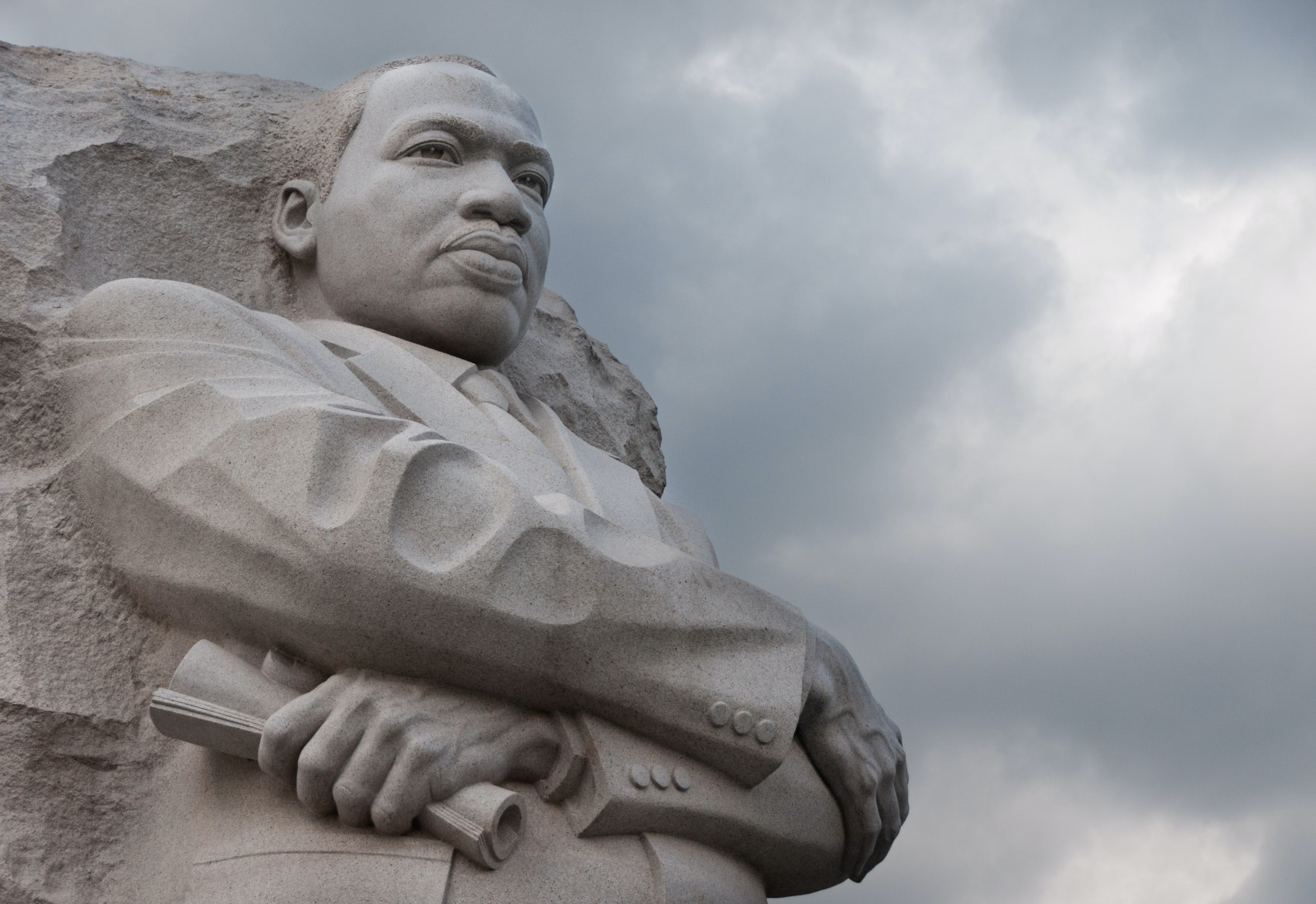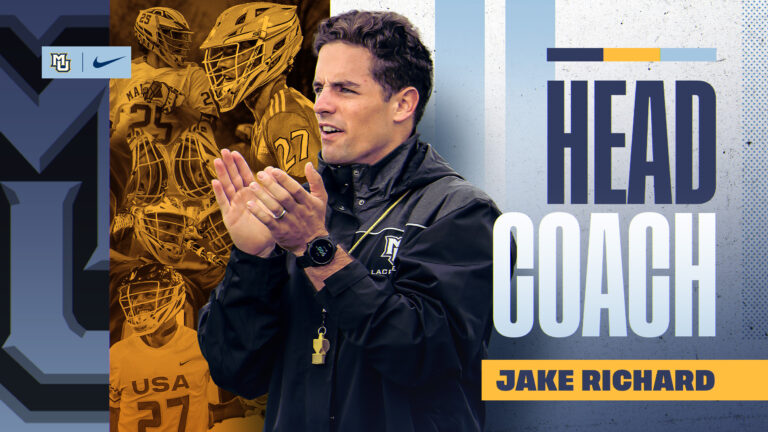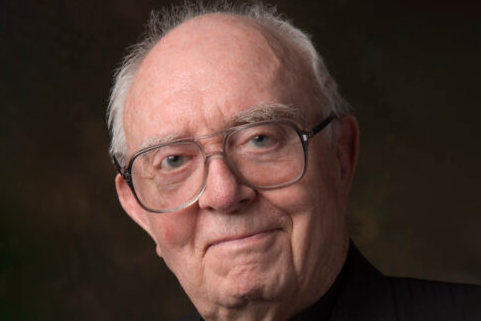
Dear Marquette community,
As the country observes the life and career of Dr. Martin Luther King Jr., we often celebrate his most well-known accomplishments. There are the victories in Montgomery and Birmingham, his “I Have a Dream” speech, and his work to help Congress pass the Voting Rights Act. However, I would like to offer other aspects of King’s life that we should consider. Though less discussed than his early accomplishments, they still resonate with us now.
Five days after the passage of the Voting Rights Act, a six-day rebellion in the Black neighborhood of Watts in Los Angeles left many dead, along with major property damage. When King spoke to Watts residents, he was unnerved about the injustices they faced in their lives, which included police brutality, job discrimination and poverty. King told an aid, “I worked to get these people the right to eat hamburgers, and now I’ve got to do something…to help them get the money to buy it.”
King, then, began a new career in the civil rights movement. He took the movement from his Southern base and called on reevaluating a system that denied people their basic human rights.
His 1966 campaign in Chicago called for open housing. His 1967 speech at Riverside Church in New York City spoke out against the Vietnam War, arguing that resources spent on the war could alleviate poverty. His Operation Breadbasket program demanded businesses with high Black patronage to hire Black employees. And, in his most radical program, King’s Poor People’s Campaign would bring members from America’s impoverished communities to Washington, D.C. While there, they would create a shantytown and nonviolently protest until the government responded.
In these years, King understood that racial inequities were at the root of the American capitalistic structure and a thorough reform of the economic system was needed. King noted, “We are not interested in being integrated into this value structure. Power must be relocated; a radical distribution of power must take place.”
In calling for this redistribution, King’s words echoed the philosophy of Jesus. Before, King stated that “unearned suffering is redemptive.” Now, he warned of impending destruction of American society if it does not reevaluate and reassess its value system. Consider the words that King spoke at the Southern Christian Leadership Conference convention in 1967. Using Jesus’ conversation with Nicodemus about how to be born again, King argues that Jesus meant that one’s values and structure must change:
A nation that will keep people in slavery for 244 years will “thingify” them and make them things. And therefore, they will exploit them and poor people generally economically. And a nation that will exploit economically will have to have foreign investments and everything else, and it will have to use its military might to protect them. All of these problems are tied together.
What I’m saying today is that we must go from this convention and say, “America, you must be born again!”
Though King said these words over 50 years ago, they still ring true now. To paraphrase the poet William Butler Yeats, the year 2020 revealed to us how things fell apart and society’s values could not hold. We experienced the COVID pandemic, the tenuous positions of the American worker, and Black Lives Matter protests. Even on our campus, those issues resulted in several protests over the last two years.
Therefore, as we reflect on King’s life and career, let us also think about how we can create and sustain real change on our campus and in society. As Jesus noted in one of his parables, one cannot pour new wine into old wineskins and expect an effective outcome. Thus, as we contemplate on King, let us search for new paradigms to really be the difference we promote. In doing so, we can be born again into King’s vision of the beloved community where people are nurtured and effectively seen in society.
Peace and blessings,
Dr. Cedric D. Burrows
Associate professor of English
Marquette University
Editor’s note: The entire Marquette community is invited to a lunchtime prayer service commemorating the legacy of Dr. Martin Luther King Jr. on Wednesday, Jan. 18, from noon to 12:50 p.m. in the AMU Monaghan Ballrooms. To learn more and RSVP for the service, please visit the event website.



